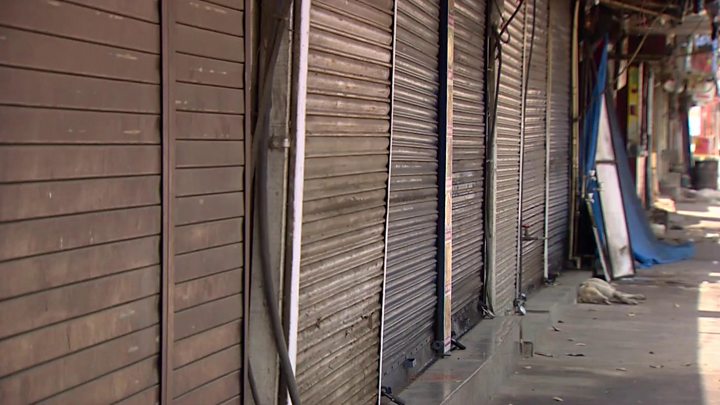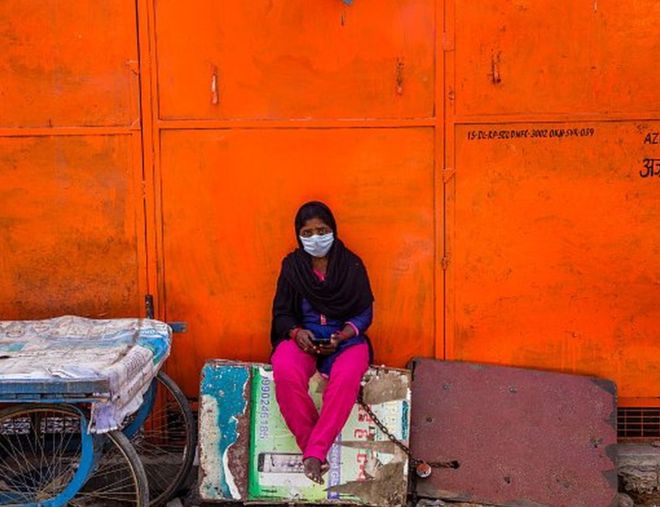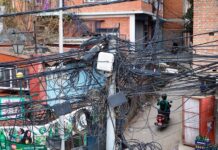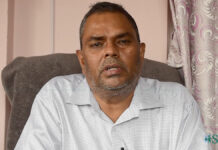BBC, 26 march. India is on pause. The streets are empty, the skies vacant, railways silent. Nearly everything is shut. People have been asked to stay at home. Time stands still.
But the eerie stillness of a 21-day lockdown of the world’s second most populous country to prevent the spread of coronavirus is a deceptive exterior to the chaos brewing within.
As India ended the second day of this unprecedented hiatus from life and work, reports and videos turned up showing how potentially disruptive this move could be in a chaotic, under-resourced democracy.
It’s early days yet, and things may improve. But how India copes with the economic and social fallout of its biggest ever disruption, possibly since the bloody partition at the end of British rule in 1947, will be watched keenly. It will also be the biggest test for any government since the founding of the republic.

Migrant workers, out-of-work and without wages, are walking back to their villages – many of which are hundreds of miles away – because there’s no transport. The poor and the homeless are flocking to makeshift gruel kitchens. Panicky policemen are using force to seal state borders and keep the streets empty.
Essential supply trucks are stuck and home deliveries stalled, resulting in shortages and inflation. Chinks are already showing in the government’s messaging and planning: a senior bureaucrat has tweeted saying he will try to act on complaints that e-commerce giants like Amazon have suspended services because their employees are not able to come to work.














